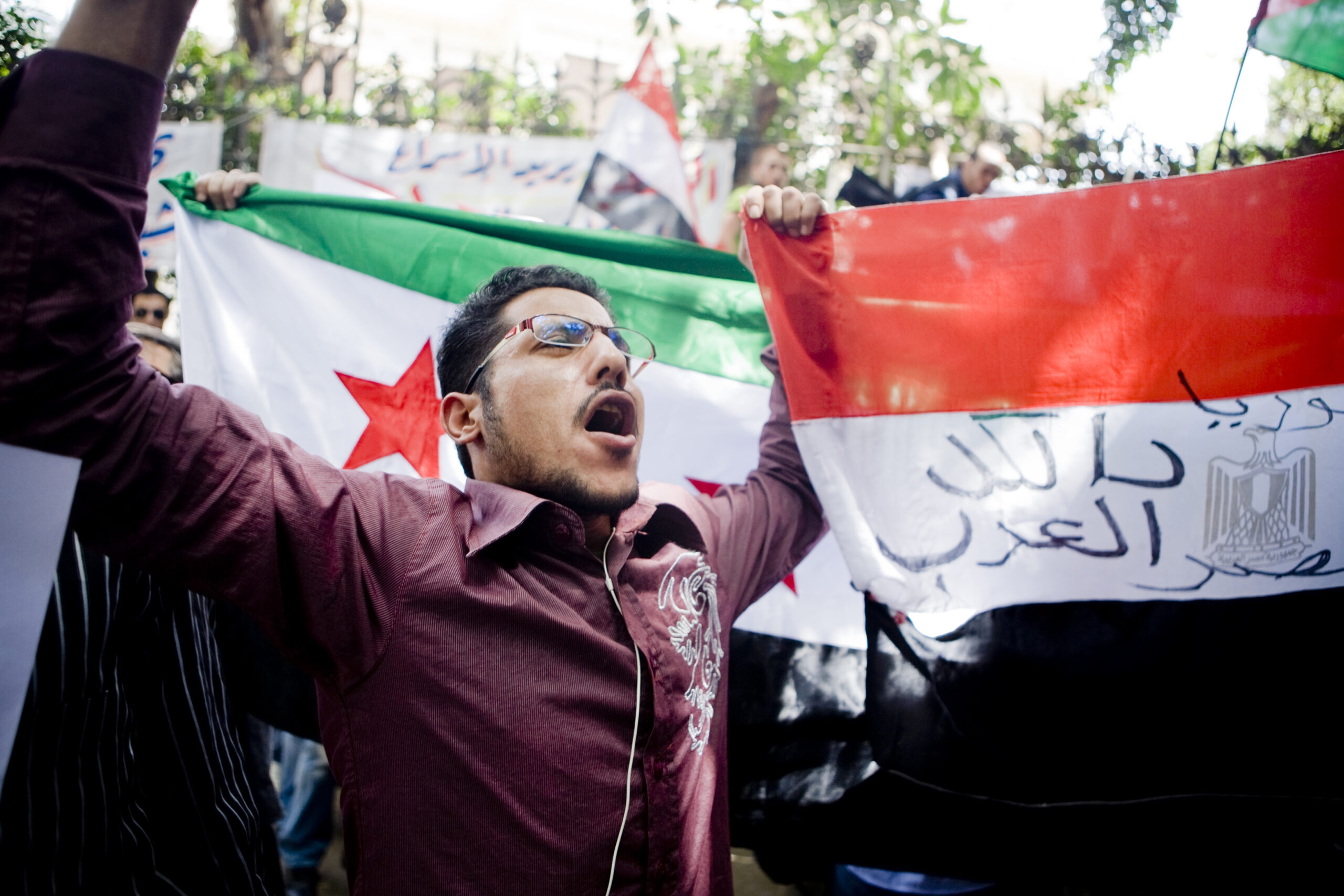
What Accounts for the Shift from Nonviolent to Violent Resistance in the Syrian Uprising?
Three central mechanisms help explain the turn to violent resistance: emotional mechanisms (fear and anger as motivation for self-defense and revenge, respectively), material mechanisms (“the availability of weapons”), and practice mechanisms (“previous experience, training, and organizational capabilities in violence”).

Travel as a Catalyst for Social Impact and Peacebuilding: The Work of Philanthropy without Borders
Both travel and philanthropy, in their distinct ways, entail encounters between people from different cultures, backgrounds, and/or life experiences. Given the right conditions, these encounters can serve as a catalyst for positive social change.
War Prevention Initiative joins civil society groups urging immediate sanctions relief and legal reform
The War Prevention Initiative is a signatory to a letter urging for an overhaul in sanctions regimes. You can see the letter here: https://www.liftsanctionssavelives.org/ +++ For Immediate Release Press Contact: Daniel Jasper 414-465-9865, djasper@afsc.org Civil Society Groups Urge Immediate Sanctions Relief and Legal Reform Amid COVID-19 pandemic a group of nonprofit organizations sends … Read more

Trump is not a wartime president — and COVID-19 is not a war
Trump is not a wartime president — and COVID-19 is not a war by Kristin Henderson 668 words Using a war narrative to talk about COVID-19 plays into the hands of white supremacist groups. U.S. officials and the media should stop it. Fighting a war is not an appropriate metaphor for navigating the COVID-19 pandemic. Framing this … Read more

Demilitarizing the Response to Climate Change
National governments, particularly in the Global North, emphasize the militarization of national borders to prevent climate refugees over policies—like reducing carbon emissions—that would actually address the security threat posed by climate change itself.
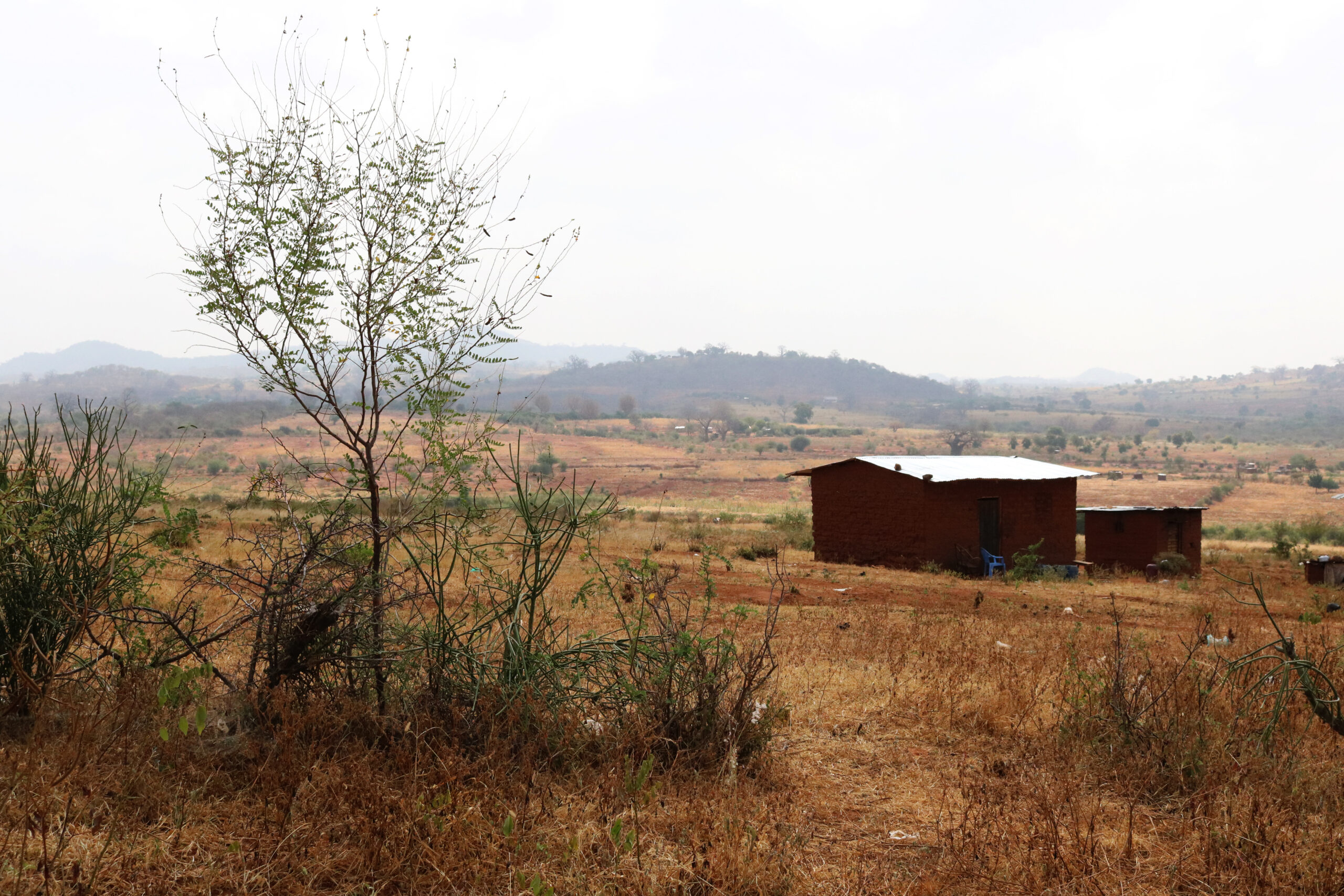
Is Transitional Justice Helpful or Harmful to Peacebuilding? A Case Study of Kenya
Lack of local ownership and elite interference in the Truth, Justice and Reconciliation Commission (TJRC) and International Criminal Court (ICC) transitional justice initiatives constrained the peacebuilding agenda because victims of electoral violence were not able to achieve justice, a critical element of reconciliation.
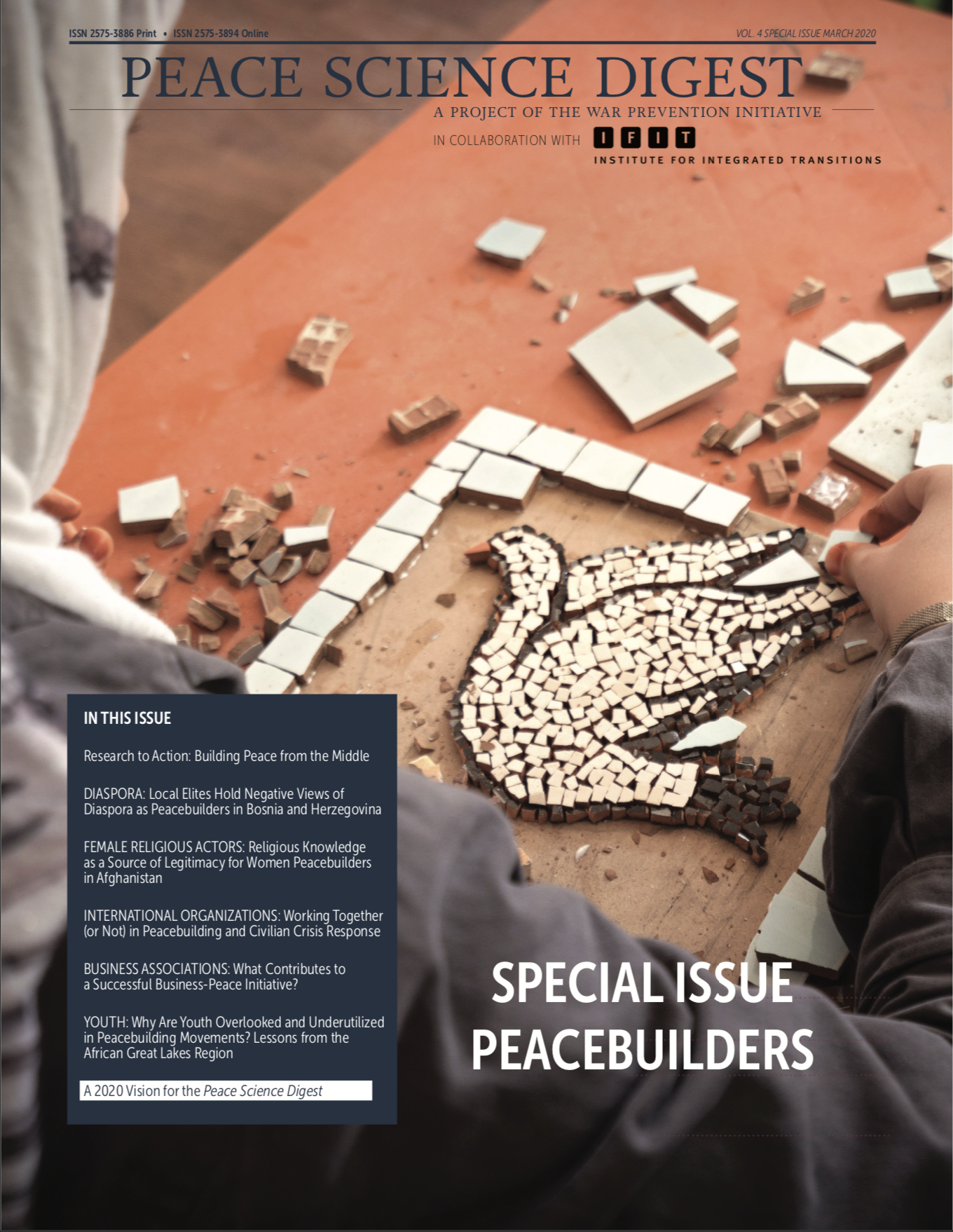
Special Issue: Peacebuilders
This special issue—the final issue of Volume 4—focuses on peacebuilders: Who are they? How do they work? What are their unique needs and capacities? What challenges do they face?
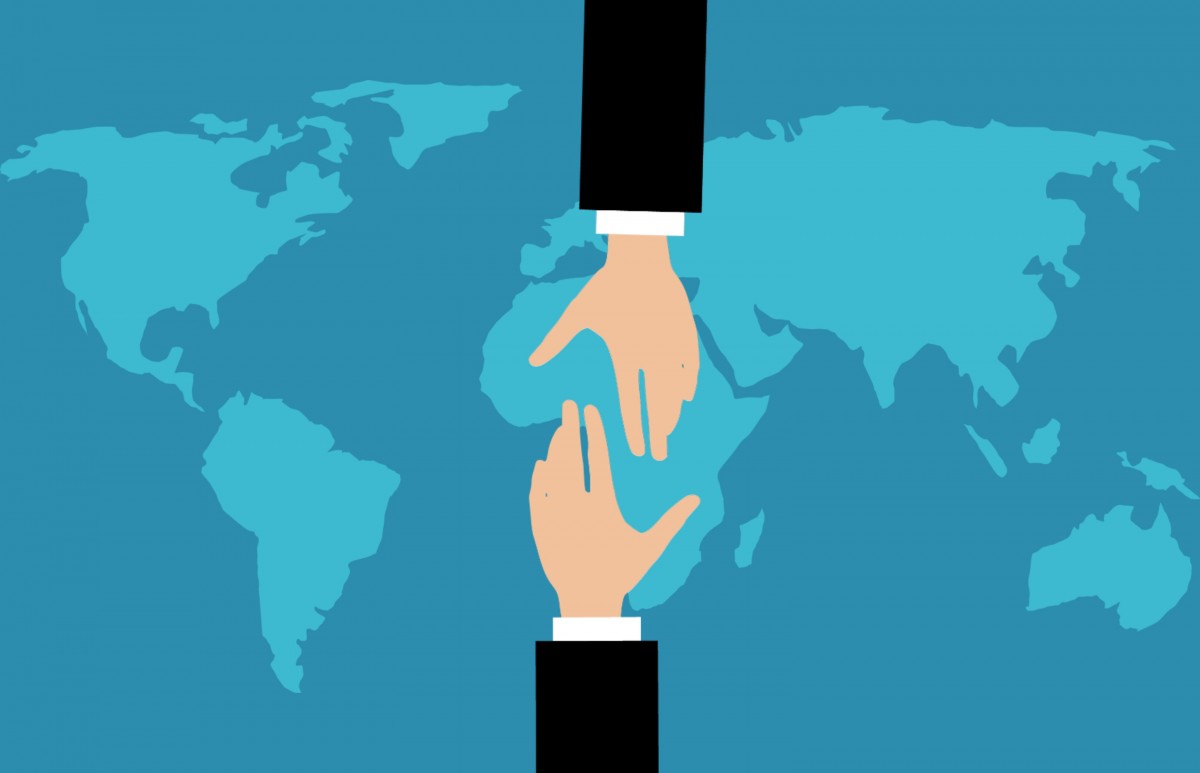
Building Peace from the Middle: The Critical Work of National Brain Trusts
Strategies for building sustainable peace after violent conflict tend to focus on two levels of leaders: national elites who negotiate peace agreements and community actors who oversee local mediation and reconciliation efforts
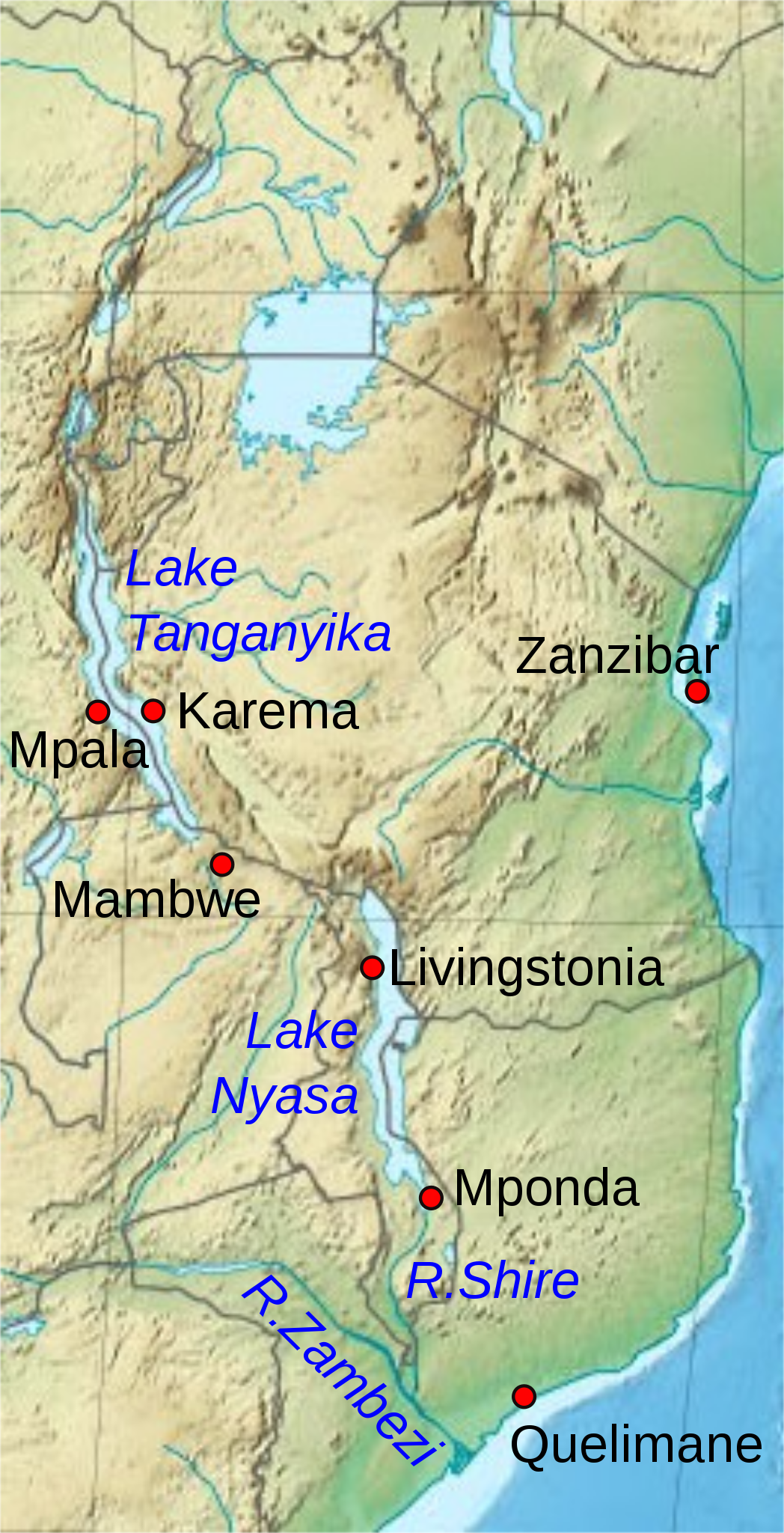
YOUTH: Why are Youth Overlooked and Underutilized in Peacebuilding Movements? Lessons from the African Great Lakes Region
Youth organizations are particularly capable of positively contributing to peace because of their varied conceptualizations of peace, which foster multidimensional approaches to peacebuilding, and their ability to integrate indigenous knowledge into their conflict resolution efforts.

BUSINESS ASSOCIATIONS: What Contributes to a Successful Business-Peace Initiative?
Business-peace initiatives can be successful: 64% of respondents reported improved social fabric in their community, and 80% identified at least one positive economic outcome of the project.
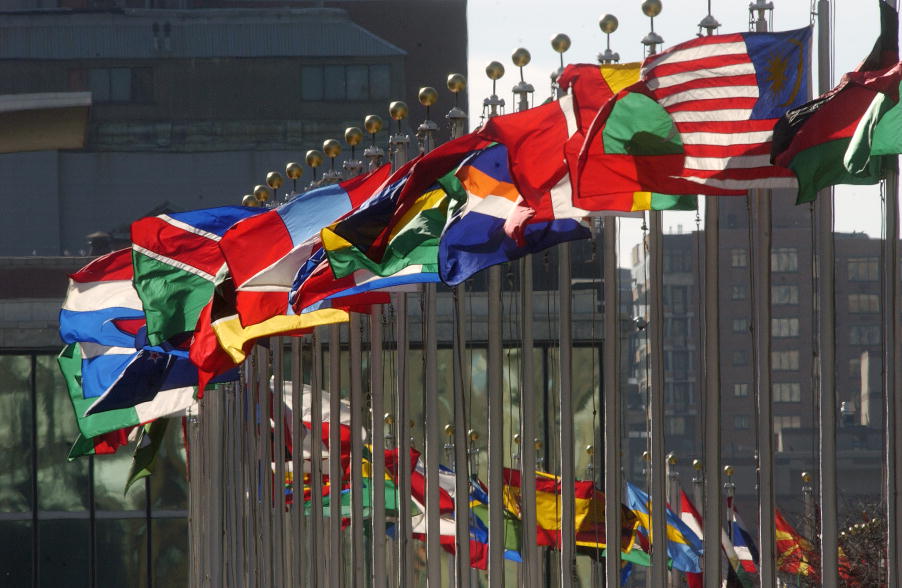
INTERNATIONAL ORGANIZATIONS: Working Together (or Not) in Peacebuilding and Civilian Crisis Response
EU, UN, and OSCE civilian missions could do much more to fully capitalize on the potential for “synergy” in their work, through more systematic exchange of capabilities like staff, mission support, equipment, funding, or political and diplomatic support.
